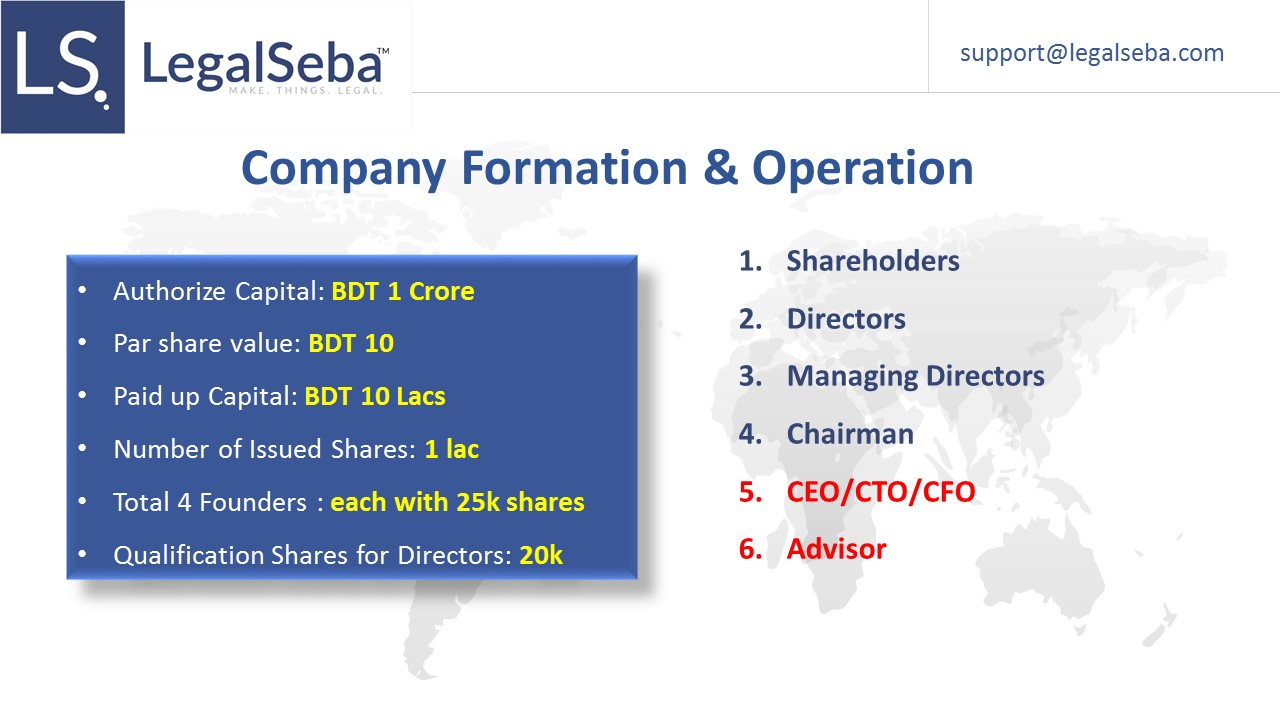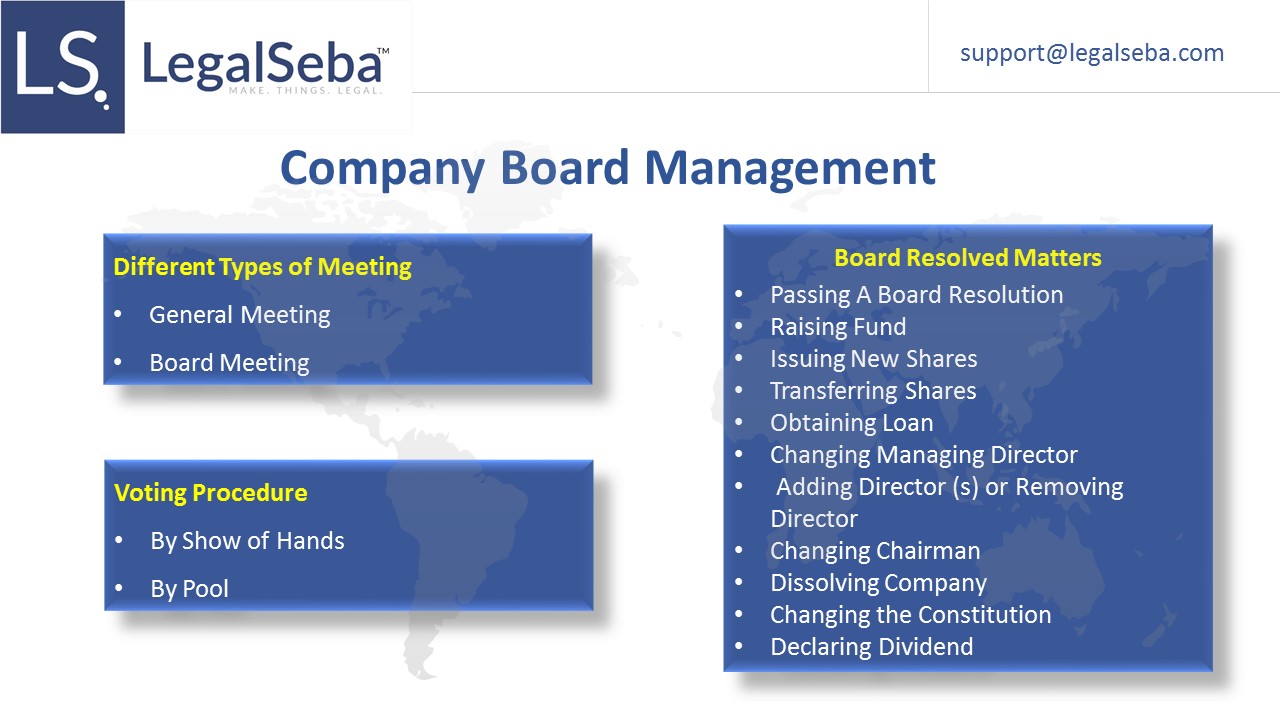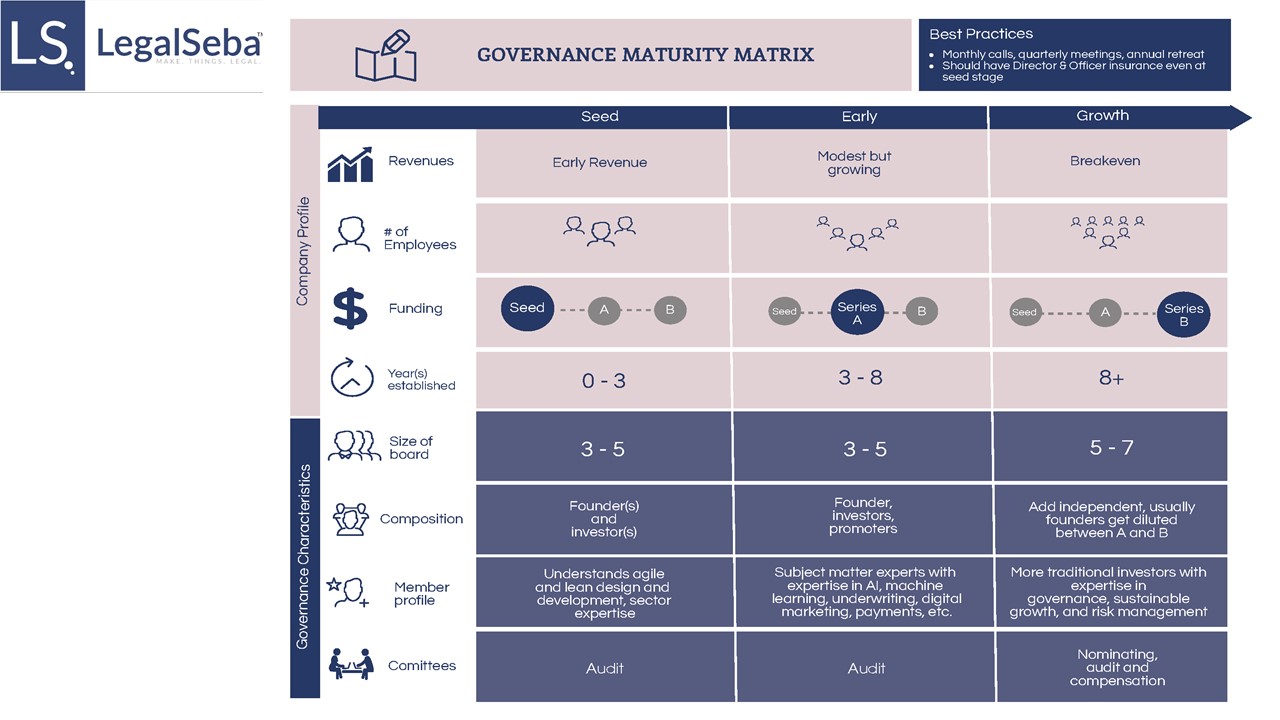
- Entity Formation
- Services
- Foreign Investment
- Entry Option in Bangladesh
- Incorporation Packages
- Work Permit in Bangladesh
- Double Taxation Policy
- Transfer Pricing Policy
- Exit Option for Foreigners
- Foreign Joint Venture Operation
- Funds Repatriation by Non-residents
- FDI Legal Procedural Guide
- Non-Resident’s Property Investment
- FDI Facilities in BD
- Resources
- Client Login
- Start Now
Select Page




